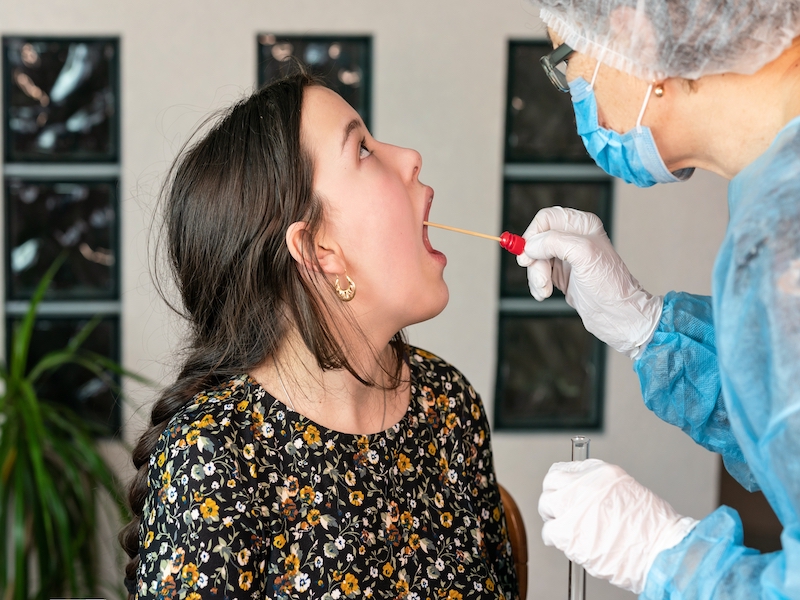
21 Nov Fertility centers will keep inflicting pain on families until the government steps in
Fertility Centers | USATODAY | Adam Wolf and Naomi Cahn | September 6, 2019
These people desperately want children. Whatever your politics, nobody wants to see them victimized by a largely unregulated fertility industry.
More than 1 in 10 women of child-bearing age seek fertility-related services, resulting in 77,000 live births each year. That’s nearly 2% of all children born in the United States. How is it, then, that the assisted reproductive technology (ART) industry in America has less oversight and regulation than in such places as Estonia and Abu Dhabi, United Arab Emirates? We are allowing headline-grabbing cases of fertility center abuses to pile up month after month and taking no action though there is clearly a growing problem.
One of the consequences of an unregulated industry is that we do not know how often American fertility centers fail the people they are intended to serve. In 2016, a national ratings website found that 18% to 24% of fertility patients reported damaged or destroyed samples, among a host of other errors. The lawsuits filed against ART facilities and those who operate them paint an increasingly disturbing picture.
Embryos switched and destroyed
- Improper embryo fertilization. A Delaware, Ohio, family brought a lawsuit in August against The Christ Hospital/Greater Cincinnati Institute for Reproductive Health. After purchasing Ancestry.com DNA kits as Christmas gifts for her family, a 25-year-old woman learned that the man she always assumed is her father is not her biological father. Research narrowed down the list of possible men to just a handful — including a doctor at the hospital, where the young couple had turned for ART help in 1994.
- Large-scale destruction/loss of embryos. Last year, large-scale embryo destruction occurred at the Pacific Fertility Center in San Francisco and the University Hospitals Fertility Center in Cleveland. Freezers failed in both clinics, resulting in the loss of more than 5,000 eggs and embryos. An estimated 600 families at Pacific and nearly 1,000 families at University Hospitals suffered losses in the tragedy.
Fertility abuses are a national problem
These real-life horror stories illustrate how a slipshod approach to fertility clinic regulation has, in the words of legal scholar-turned-policy analyst Andrea Preisler of the American Medical Association, “left a gaping hole for a booming, unregulated market fraught with fraud and abuse.”
After the University Hospitals failure, one of the biggest fertility center debacles in U.S. history, there was talk of state legislative action. Since then, two states have passed new laws. Texas has put in place laws governing extreme ART abuses, and Indiana has enacted legislation that might help victims of ART industry abuses file for legal action.
But fertility center abuses are not simply local in nature. They constitute a national problem, and it is clear that this multibillion dollars (and growing) industry will not respond to anything other than a nationwide solution. Besides, why should a young couple in Minnesota or Oklahoma have fewer protections than those in Indiana or Texas?
Britain is a model for US oversight
Courts can provide remedies for this type of fertility center misconduct, but new federal and state laws would be important to make clear to the industry the consequences for violating customers’ trust.
Luckily, the United States has a blueprint for a uniform national solution. In the United Kingdom, a nationwide agency oversees all fertility clinics. The Human Fertilization and Embryology Authority, created in 1990, conducts regular and unannounced inspections of fertility centers, demands corrective measures where needed, and publicizes all regulatory actions. HFEA has developed a regulatory model and standard of professional conduct that works and has undergone extensive scrutiny. It puts the U.K. light years ahead of the U.S. when it comes to protecting consumers.
No matter what your politics, everyone should see the need for proper regulation of the industry that makes human life possible for so many Americans. U.S. families will spend nearly $6 billion at fertility centers this year. These are families desperate to have children. Why would we let them continue to be victimized by a fertility industry that is so obviously broken and in need of proper oversight?
Adam Wolf, a partner in the law firm Peiffer Wolf Carr & Kane, is handling hundreds of fertility clinic abuse cases. Naomi Cahn, the Harold H. Greene Professor at George Washington University Law School, is author of the book “Test Tube Families: Why the Fertility Market Needs Legal Regulation.”
Fertility Clinic Misconduct – Peiffer Wolf is nationally recognized for representing victims of fertility clinic misconduct, including destruction or loss of eggs and embryos. If your family has been a victim of fertility clinic misconduct, Contact Us by calling 415-766-3545 or by filling out an online Contact Form for a FREE Consultation.


